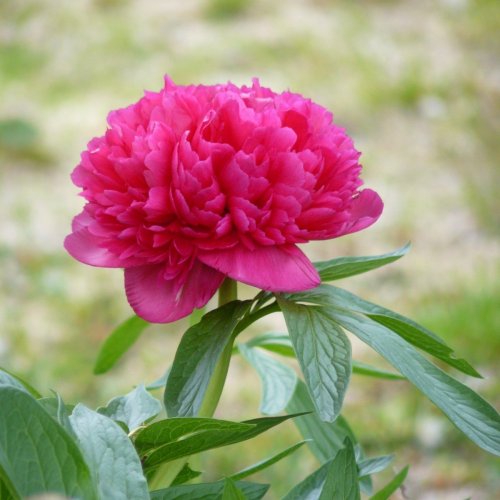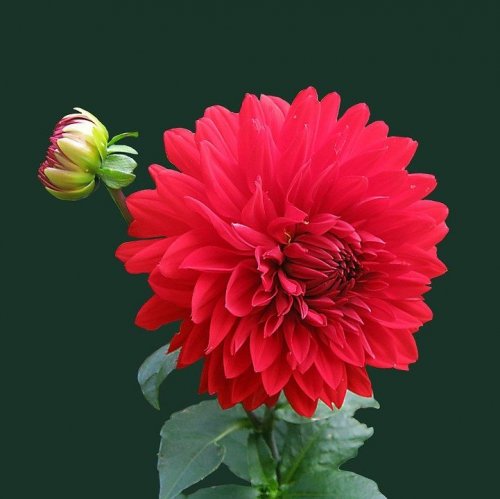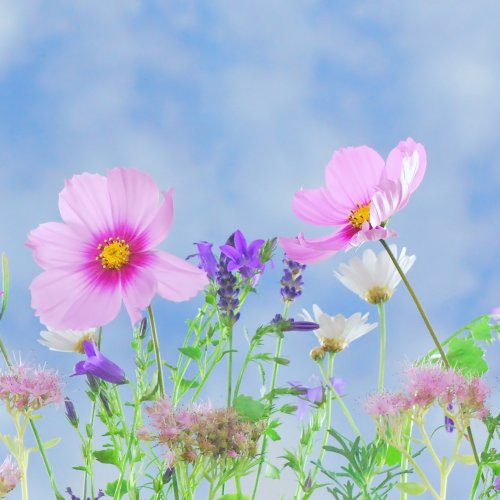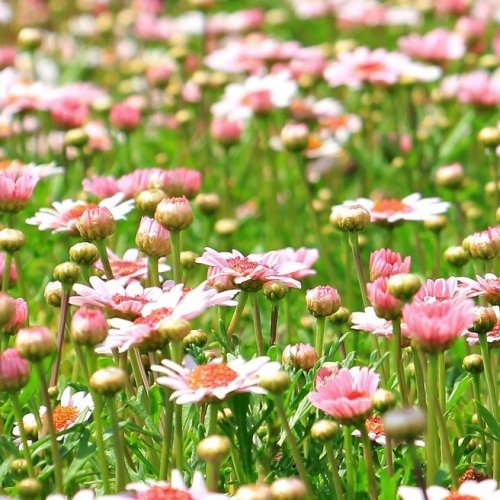Quiz: Guess the Red Flower by Photo
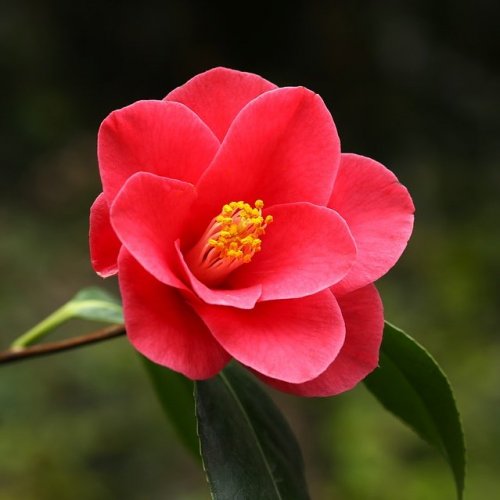
Free online printable quiz with multiple-choice questions (MCQ) without registration.
Red flowers fill your surroundings with maximum energy. They are a symbol of passion and strong love. The green color of the foliage surrounding them is complementary to the red. It makes it richer, while also making it more expressive.
The Quiz: Guess the Red Flower by Photo consists of 21 questions with clues. Try to choose the name of a blooming plant by looking at the picture.
Test yourself
Found a mistake? Select it and press Ctrl+Enter
For each question choose one of the multiple answers then click done to check your results.

